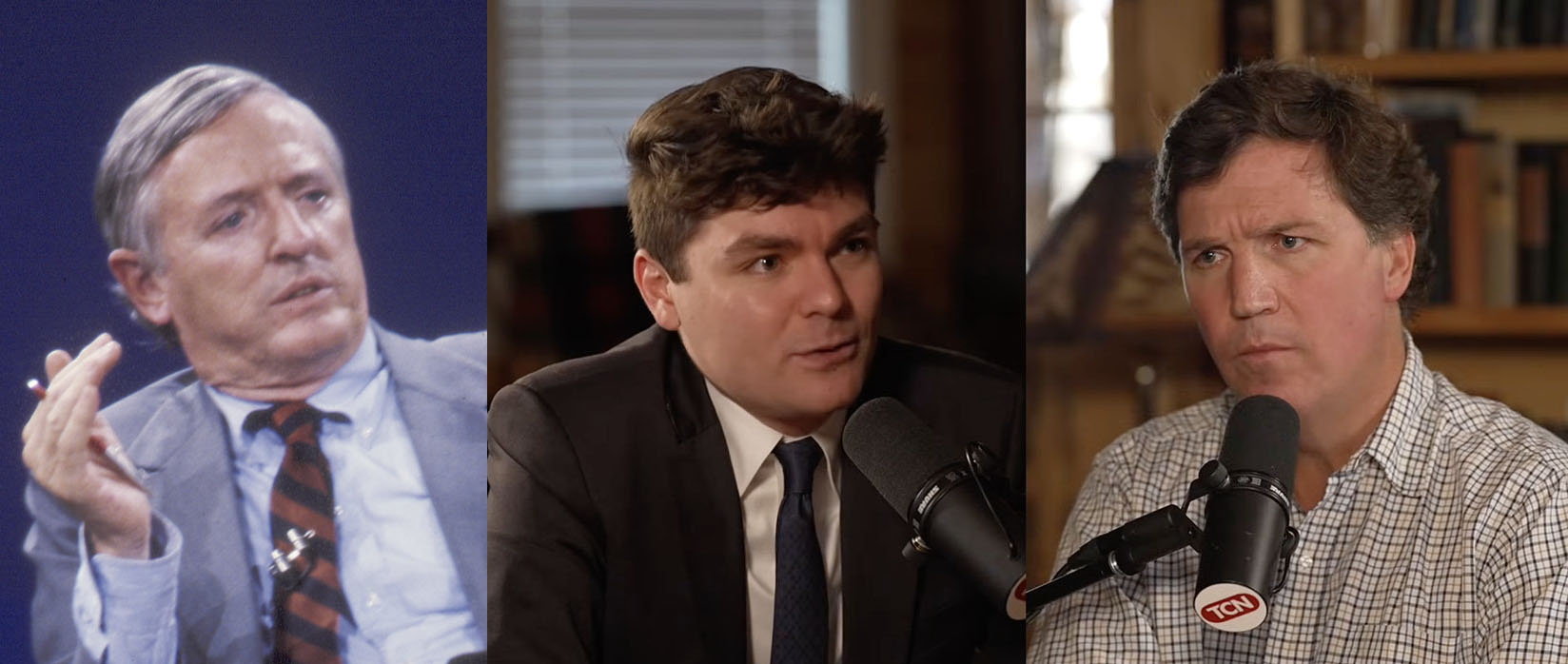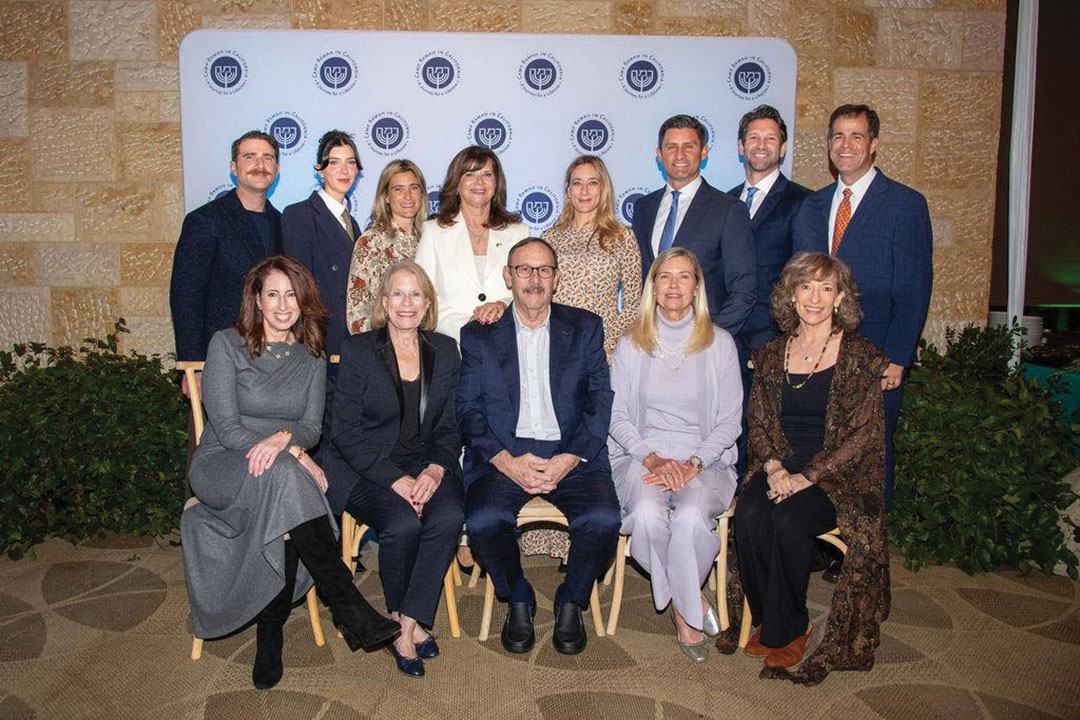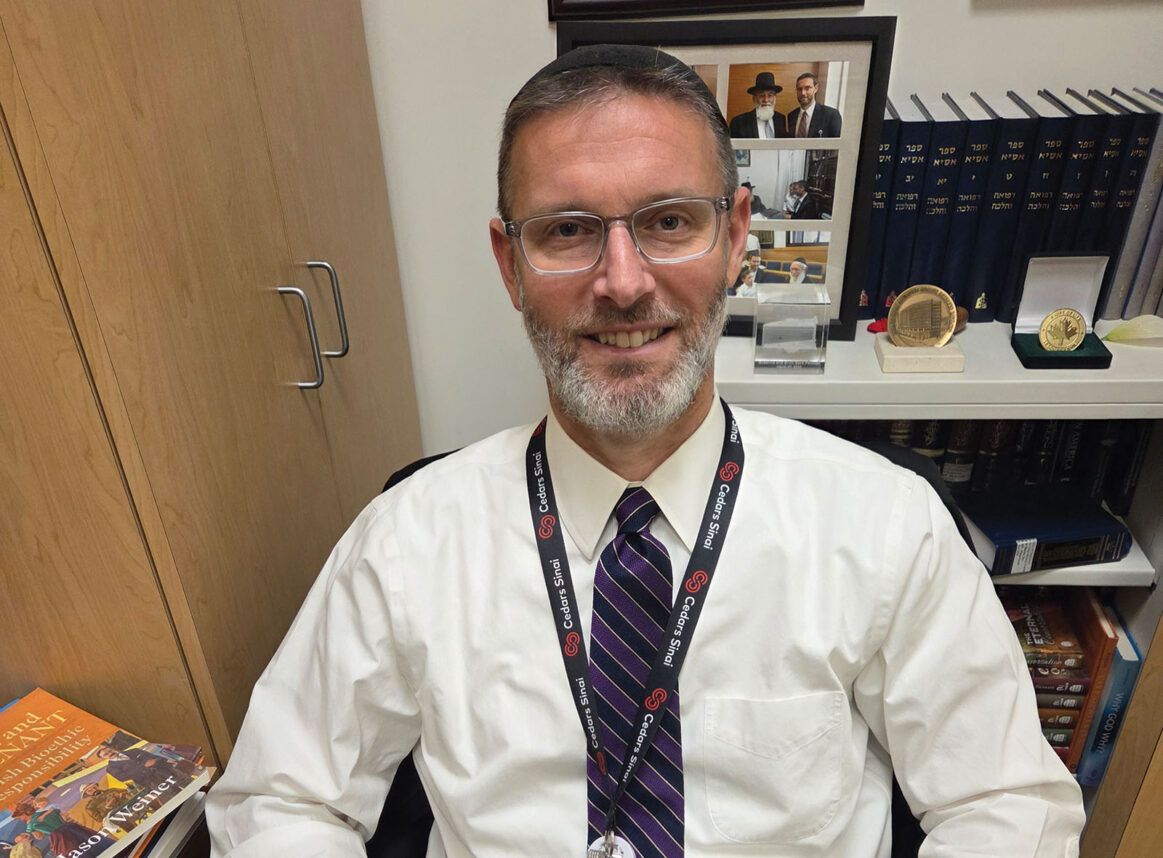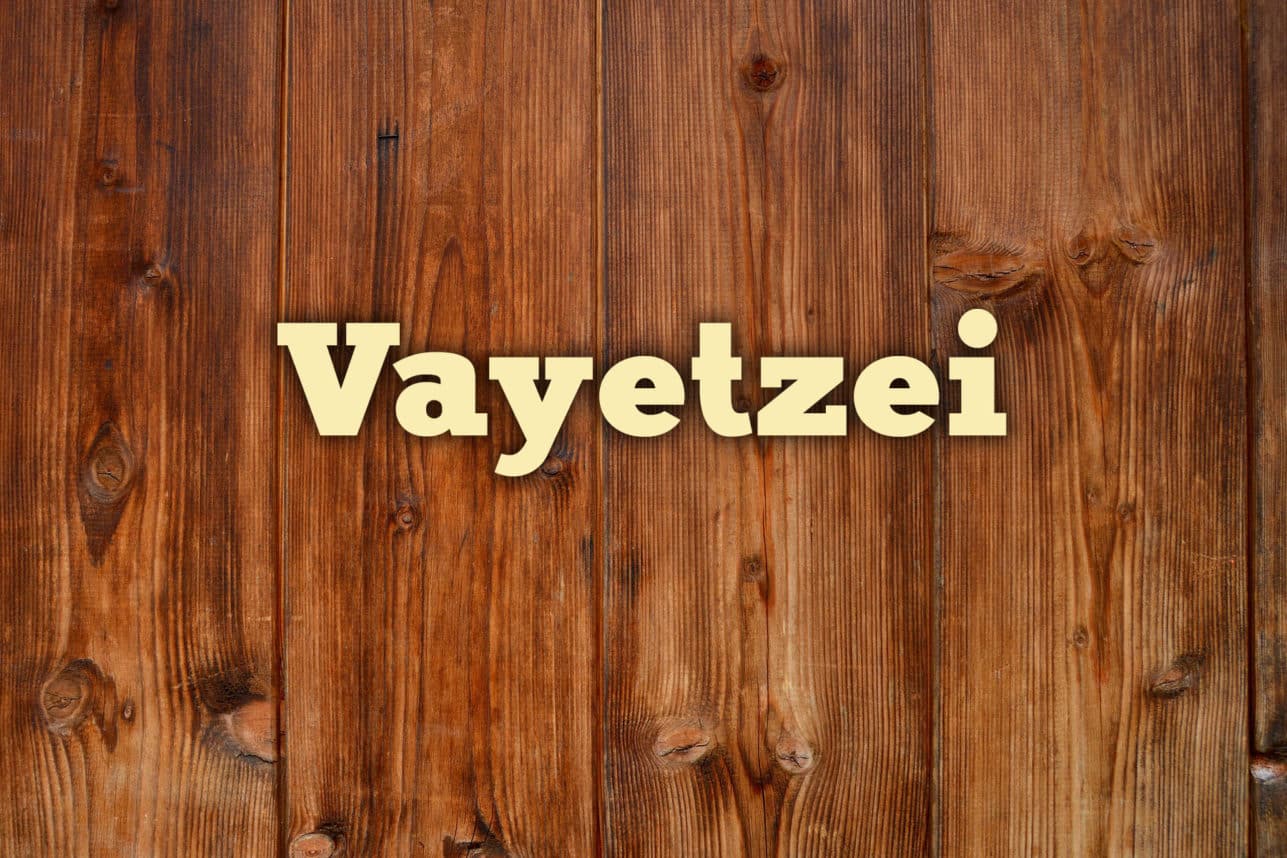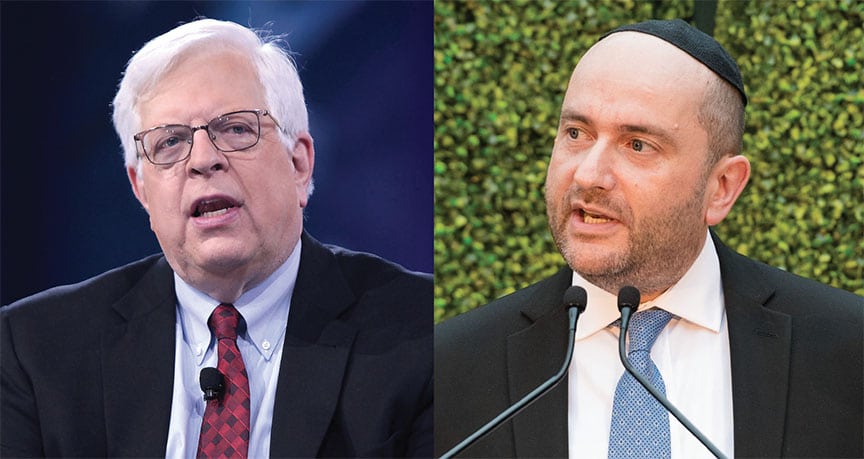
Rabbi Pini Dunner thinks that human beings are essentially good. The senior rabbi at Young Israel of North Beverly Hills wrote about this last year in an article for The Algemeiner titled, “Being Good Is in Our Nature.”
“The fact we are all born in God’s image means that if we don’t give in to our animal instincts, which seek self-gratification even if this will result in the calamitous downfall of others, we will be instinctively inclined towards altruism and caring for others,” he wrote.
When talk show host and PragerU Founder Dennis Prager saw the article, he disagreed with it and published a piece of his own in response.
“The rabbi wrote that Judaism posits that people are basically good, that human nature is good,” he wrote. “This is one of the most foolish and dangerous ideas of the secular world. No Abrahamic religion — not Judaism, not Christianity, not Islam — asserts that people are basically good. This notion is a product of the secular age and a major reason for the moral confusion that characterizes our era.”
Now, after going back and forth in articles and sparking conversation amongst the Jewish community online, Dunner and Prager will debate the topic, “Are Humans Inherently Good?” on Wednesday, June 8 at the Saban Theatre in Beverly Hills. Rabbi David Baron of Temple of the Arts will moderate.
Dunner, who has never met or spoken to Prager, said he is participating “to correct what I feel is an egregious error. Jewish theology is not as Dennis presents it. He is entitled to his opinion but not to reframe Jewish theology to fit his opinion.”
Prager is relying on his 13 years of yeshiva training, 50 years of teaching Torah and 10 years of writing commentary on the Torah, including the book “The Rational Bible,” to support his beliefs on human nature.
“If we cannot rely on Orthodox rabbis to defend normative Jewish beliefs, Judaism is in serious trouble,” he said. “I have never been in doubt about normative Judaism’s view of human nature, which is that we are neither basically good nor evil, but are inclined to sin. To read an Orthodox rabbi defend the secular/romantic view of human nature was disturbing. If we’re basically good, what do we need the Torah and hundreds of laws for?”
When people attend the debate, Prager said he wants them to learn “how foolish, irrational, un-Jewish and, most importantly, dangerous the belief that people are basically good is. If you care about making good people and thereby a good world, you need to know what raw material you’re working with. For the record, I have never said that human beings are innately evil. But the debate is about whether we are innately good.”
Dunner is hopeful that audience members will discover that intuitive arguments, or rationalism, can sometimes be at odds with faith beliefs.
Prager believes this topic is of the utmost importance – and everyone needs to hear about it: “People who care about the greatest issues in life should come to the debate.”
“Not everything in religion makes sense,” he said. “On a more practical level, I’m hopeful that those who attend or watch the debate will walk away feeling better about themselves. Judaism is not about stressing the evil of humanity. Rather, it is about bringing out the best in human beings, who are seen as a limitless platform for good.”
According to Prager, he’s been preparing for this debate on human nature his entire life, starting when he was 12 years old and saw how his peers bullied the weakest kids at summer camp.
“I’ve written and spoken extensively on the subject all of my adult life,” he said. “And I’ve debated the subject with callers to my radio show for decades.”
Prager believes this topic is of the utmost importance – and everyone needs to hear about it.
“People who care about the greatest issues in life should come to the debate,” he said. “And if possible, people should bring a young person. Young people almost never hear great issues debated.”
You can purchase tickets for the debate at thegreatdebate.brownpapertickets.com.















